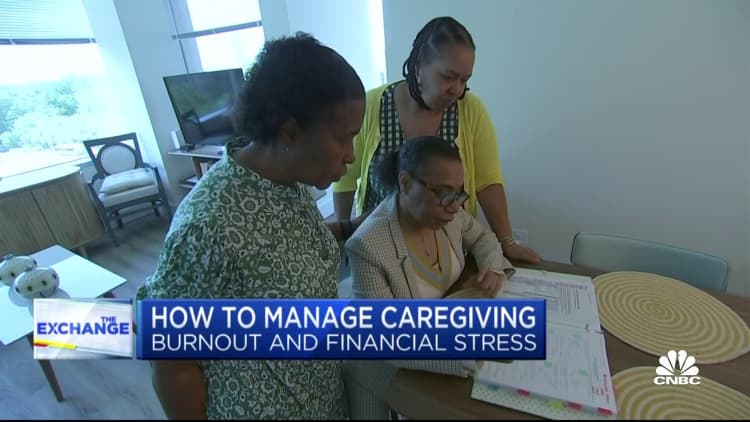A federal program that provides monthly income to elderly, blind and disabled Americans to provide for their basic needs has not been updated in about 40 years.
On Tuesday, Washington lawmakers renewed a push to update rules associated with the program known as Supplemental Security Income, or SSI.
The proposal, called the SSI Savings Penalty Elimination Act, would raise the program's asset limits to $10,000 for an individual and $20,000 for couples, up from $2,000 and $3,000, respectively.
The reintroduced proposal is by Sens. Sherrod Brown, D-Ohio, and Bill Cassidy, R-La.
"It's an easy fix, encourages work, allows savings and gets people out of poverty," Cassidy said Tuesday during a Capitol Hill event.
More from Personal Finance:
Money market funds vs high-yield savings accounts
Women will accept much lower salaries than men
Homeowners say 5% is the magic number to move
Today, SSI has about eight million beneficiaries. The program is managed by the Social Security Administration. The average monthly benefit is $585 for individuals and the most people may receive is $794 — less than the minimum wage, Brown noted.
"Right now, arbitrary and outdated restrictions prevent these Americans from saving money for emergencies," he said. "And they punish people who want to do the right thing and save money."
Asset limits hamper beneficiary savings
Emily Demko, 18, of Athens County, Ohio, has Down syndrome and, in addition to being an artist, works three jobs at two local restaurants.
But the asset limits for the monthly SSI checks she relies on means she cannot take on extra hours when asked at the Applebee's where she works. If she sells one of her paintings, she may have to cut back on work at her other jobs.
"I want to live a full life, make money, save money and [be] independent without losing Social Security," Demko said at Tuesday's Capitol Hill event.
Going over SSI's cap on savings and other assets would mean she may be deemed ineligible for benefits, have to start the application process over or pay back the extra money, her mother, Margaret Demko, noted.

"Increasing the asset limit to an appropriate up-to-date amount would undo so many of these burdens," she said.
The creation of the SSI program more than 50 years ago was an important development that missed a crucial detail: regular adjustments for inflation, noted Cassidy.
That has forced beneficiaries to choose between saving up for an emergency or losing their safety net, he said.
"Everyone who can work should be working," Cassidy said, while touting the asset limit increase.
I think we can agree all Americans should have the ability to sock away a few dollars for an unexpected financial emergency.Jenn Jonesvice president of financial security and livable communities at AARP
While the proposal has bipartisan support in both the Senate and the House, it remains to be seen how far lawmakers may be able to push the proposal.
Organizations such as AARP and JPMorgan Chase expressed their support for the change.
SSI's "draconian" asset limits have prevented some older Americans from qualifying for the program, even though they have low incomes, noted Jenn Jones, vice president of financial security and livable communities at AARP.
"I think we can agree all Americans should have the ability to sock away a few dollars for an unexpected financial emergency, and SSI beneficiaries are no exception," Jones said.
At JPMorgan Chase, SSI's strict asset limits make employees who receive benefits worry that receiving a bonus or raise may put them over the cap on earnings, noted Bryan Gill, global head of the office of disability inclusion at the firm.
When that happens, those employees often cut back on their hours to make sure they stay within the program's required thresholds.
"And they often cannot participate in our 401(k) program, where JPMorgan provides matching contributions to help with wealth accumulation," Gill said.


